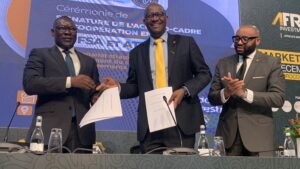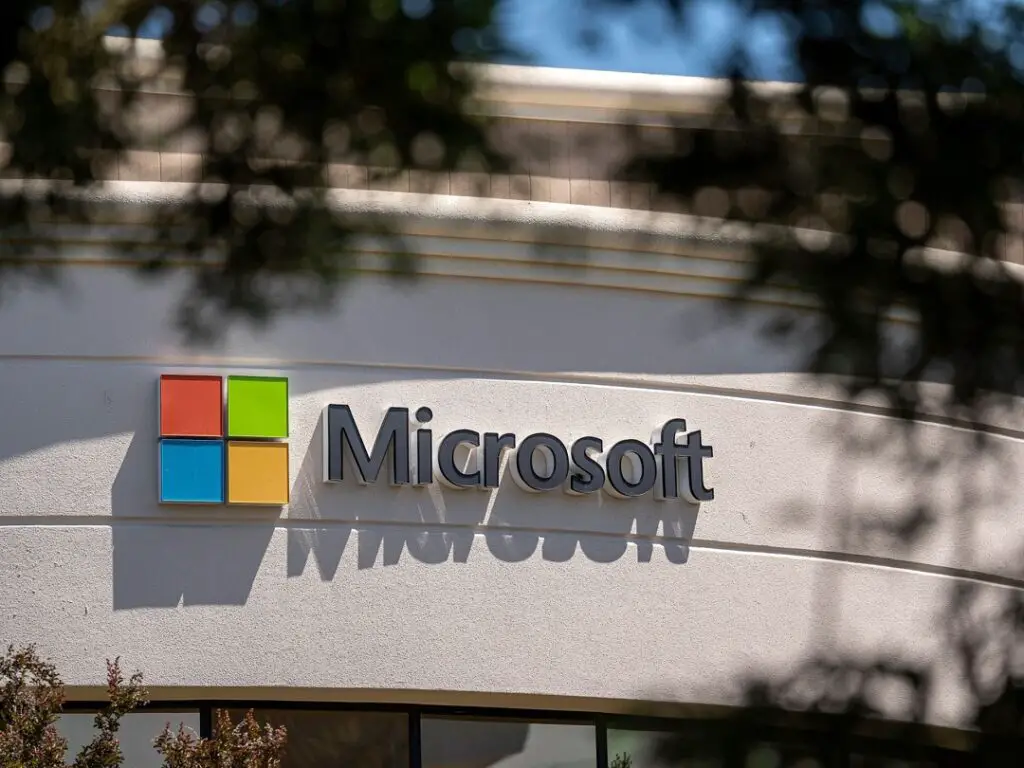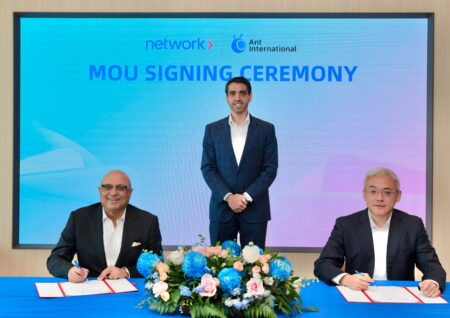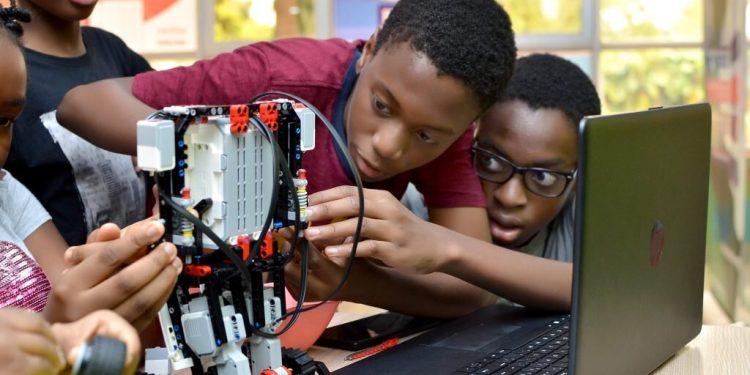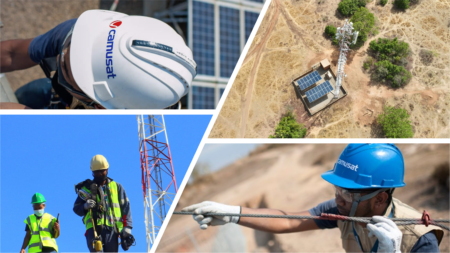- Tech giant Microsoft plans to expand its Airband partnerships to provide high-speed internet access to people in Latin America and Africa.
- Microsoft is also targeting Brazil, Chile, Colombia, Guatemala and Cote d’Ivoire, Kenya, Nigeria, Tanzania and Uganda with high-speed internet.
- Limited access to broadband means that people have fewer opportunities to develop the digital skills necessary in digital economy.
Microsoft plans to expand its Airband partnerships to provide high-speed internet access to nearly 40 million people across Latin America and Africa.
In Africa, Microsoft Airband Initiative General Manager Vickie Robinson says firm will extend partnerships in Cote d’Ivoire, Kenya, Nigeria, Tanzania and Uganda. Brazil, Chile, Colombia, Guatemala will be targetd in South America. This marks significant progress in the firm’s mission to extend high-speed internet access to 250 million people globally. The deal will primarily target populations in unserved and underserved areas. Across Africa, about 100 million are set to benefit.
Develop digital fluency and skills
Studies show that limited access to broadband means that people have fewer opportunities to develop their digital skills. In the end, communities are left unable needed to participate in the digital economy. On average, Africa has a 40 percent internet usage rate.
“At Microsoft, we believe that internet access and meaningful connectivity is a fundamental right. The Microsoft Airband initiative was launched to bring transformative connectivity to unserved and underserved communities around the world. Through the Airband initiative and its partners, Microsoft is serving as a catalyst to enable affordable access to connectivity, specifically focusing on regions with lower digital connectivity rates,” Robinson said.
In East Africa, Microsoft will be expanding its partnership with Mawingu. This engagement offers coverage to about 16 million people in Kenya, Tanzania and Uganda by the end of 2025, and ultimately 20 million people.
Kenyan service provider Mawingu partners with Microsoft
“Microsoft Airband’s relationship with Kenyan service provider Mawingu began in 2014 with a pilot in Nanyuki. It has since expanded to deliver high-speed internet access to four million Kenyans living in rural areas. Mawingu was Airband’s first partner, and thanks to the public-partnership model, today the company is Kenya’s leading internet service provider dedicated to rural and peri-urban markets,” she explained.
Read also: From cocoa bean to desert wasteland: The environmental toll of chocolate production in Africa
Mawingu provides meaningful internet access to locations throughout Kenya, such as hotspots, vocational schools, and businesses. Just one example of Airband’s partnership has resulted in the deployment of more
than 700 hotspots and connectivity for more than 100 primary schools, enabling community members to access digital skills training and essential education materials. The company has also partnered with Unilever and Microsoft Philanthropies to provide access and skills to female entrepreneurs.
In Nigeria and Cote d’Ivoire, Microsoft Airband partner Tizeti has brought coverage to more than 900,000
people in Nigeria, expanding from Lagos to focus on underserved states across the country. Microsoft and Tizeti are expanding this partnership to Cote d’Ivoire, a cultural crossroads of West Africa, to bring internet access to almost 5 million people.
Solar-powered towers to offer connectivity
Given that electricity is frequently unavailable, insufficient, or unreliable in many parts of Africa, this expansion of the partnership includes infrastructure support and the deployment of eight solar-powered towers to help provide connectivity to households, small businesses, and hotspots. This access will empower greater access to education, healthcare, and employment.
“Through partnering with Microsoft’s Airband Initiative, organizations have additional support to create the infrastructure needed to provide connectivity support in many different ecosystems that ultimately drives
self-empowerment and sustainable development and growth. These partnerships are essential in providing local expertise and experience to help achieve a greater goal tied to what can be harnessed with the
support of connectivity,” she concluded.
